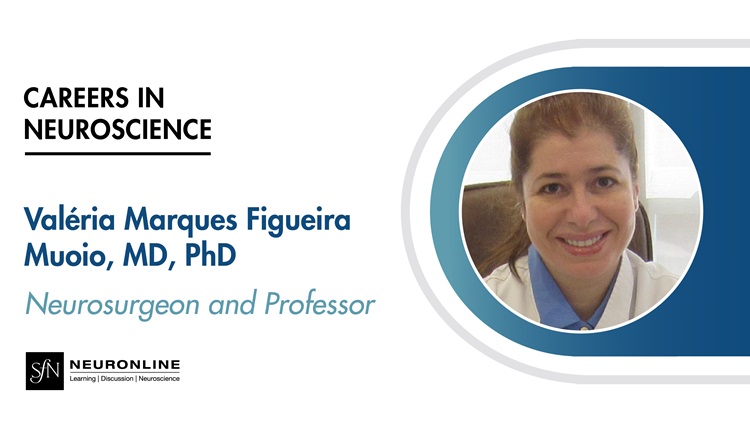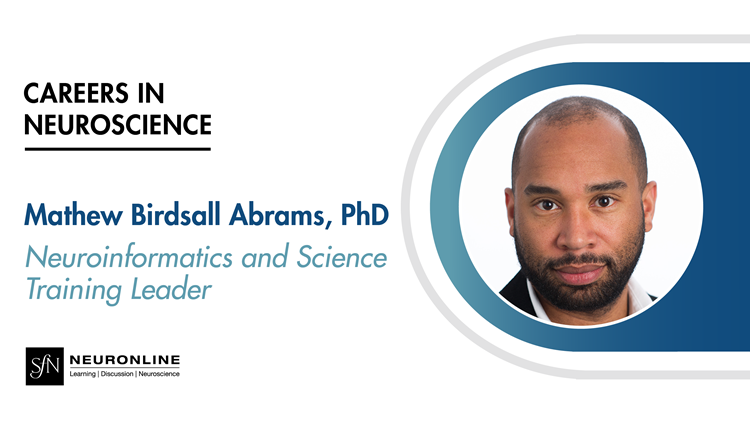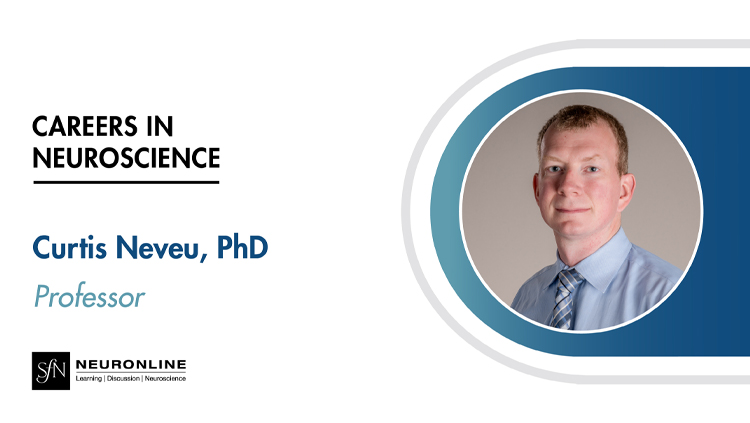To kick off Neuronline’s Careers in Neuroscience series, read on to learn about Suet Theng Beh, PhD, a translational researcher at Banner Sun Health Research Institute, and what skills and experiences can help you in pursuing a career in this field.
What initially drew you to neuroscience? How did you discover your particular interest within the field?
I majored in occupational therapy and completed an internship in a long-term care facility, where I worked with elderly patients, including those with dementia. That experience sparked my interest in understanding the biological basis of neurodegenerative diseases and how aging affects brain function.
What resources, experiences, or conversations helped you clarify your direction?
Clinical exposure to dementia care early on made me want to explore the science behind these conditions. Graduate research training, mentorship in neuroscience labs, and hands-on work with Alzheimer’s disease models helped solidify my interest in the cellular mechanisms of neurodegeneration.
Describe your current role. What are the most common skills you use on a weekly basis? Is your role "typical" to the industry?
I manage a human cell core facility that supports translational research projects. Each week, I handle tasks such as isolating and banking human fibroblasts, planning experiments, and interpreting data. I also manage daily lab operations, train interns, and coordinate with collaborators. I often assist investigators by answering questions about case selection, diagnosis, passage history, and cell quality. My role is not exactly typical in the field because it combines hands-on lab work with program coordination. Most positions tend to focus on just one area.
What educational background and training are required for your role? What other types of experiences are helpful to have?
A PhD in neuroscience, cell biology, or a related field is typically required. Hands-on experience in human cell culture, molecular biology, and microscopy is essential. Experience with clinical samples, biobanking, and interdisciplinary collaboration is also highly valuable in this type of role.
How did you apply your academic training to a non-academic career? What skills translated well, and what did you have to learn?
My academic training in neuroscience provided a strong foundation in experimental design, cell culture, and critical thinking. These skills translated well. What I had to learn was project coordination, regulatory compliance, and managing timelines and teams in a core facility setting.
How did you approach mentors for career advice? What strategies helped you build a professional network?
I usually approach mentors by reaching out directly through email, especially when I have specific questions or need advice. Conferences have been a great way to meet people in the field and start conversations. I also made connections by joining professional societies and attending workshops where I could meet others with similar research interests. Following up and staying in touch helped me build a solid network over time.
If you were a hiring manager, what experiences or skills would stand out to you on a resume for a role in your field?
I would look for hands-on experience with human cell culture, especially primary cells or iPSC work, and a strong understanding of experimental design. Attention to detail, good recordkeeping, and experience working with clinical samples are also important. I’d also value someone who shows initiative, communicates well, and can work both independently and as part of a team.
What advice would you give to students or early-career professionals interested in this path? Are there opportunities for people to find jobs in your industry with a variety of degrees (bachelor's, master's, PhD)?
My advice is to get hands-on experience early by volunteering in a lab, applying for internships, or helping with research projects. Be open to learning and don’t hesitate to ask questions. This field values technical skills, reliability, and curiosity. There are opportunities at all education levels. With a bachelor's degree, you can work as a research technician or lab assistant. A master's degree may lead to more specialized or supervisory roles, while a PhD is often needed for leading projects, managing cores, or conducting independent research. Regardless of degree, showing commitment, attention to detail, and a genuine interest in the work makes a strong impression.
Is there anything we didn't ask that you think should be included?
One thing I’d add is how important it is to build good communication and organization skills, especially in a core facility or collaborative research setting. Technical skills are essential, but being able to coordinate across teams, keep clear records, and follow through on requests really makes a difference in this kind of role.










